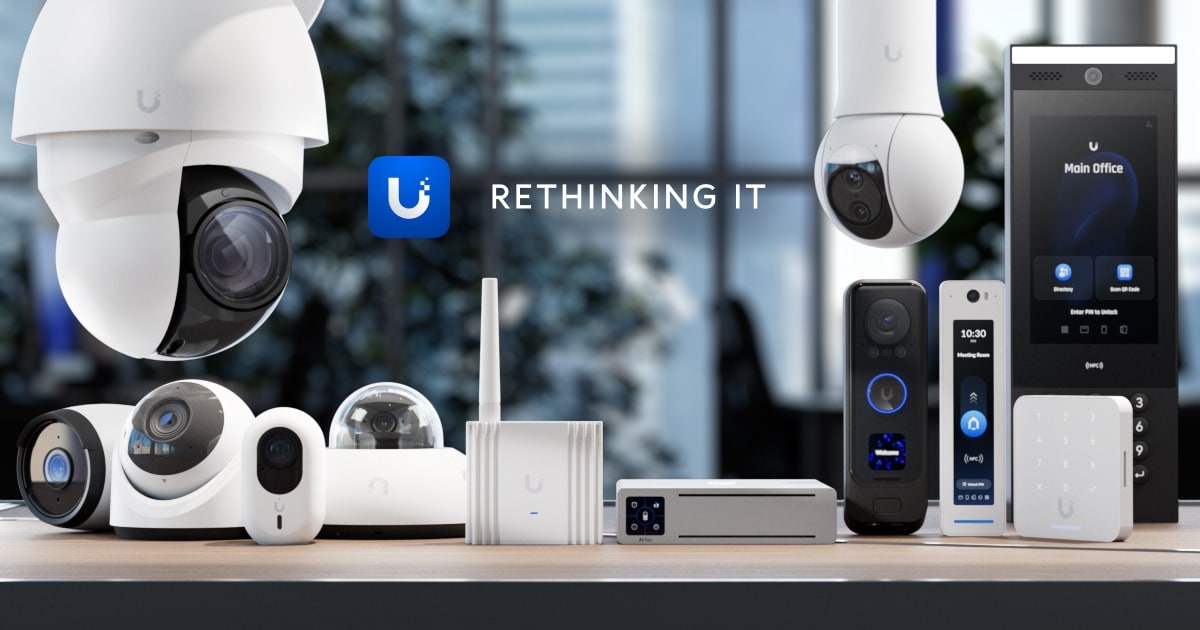That we are NOT their market is big bullshit story copied for many years on this forum.
Maybe it is different where you are at, but in the US this is the experiences we have seen (and the OP is in the US).
I can go to Best Buy and buy any electronic they sell and be able to talk and get service from the manufacturer. If I buy a Samsung phone, I can talk to Samsung customer support. I don't have to talk to Best Buy.
I can go to a used car lot and by any manufacturer vehicle and if the car is under warranty, I can go to that manufacturer dealer for warranty work or a recall. I don't have to go back to the used car lot.
I can buy a camera from Andy that comes in a Dahua box with a Dahua logo on the camera and a Dahua serial number and Dahua firmware and Dahua will not take my phone call and will not provide customer support and will tell me to go the vendor I purchased it from.
The same with buying a Dahua camera from B&H. I would have to go thru B&H and if I contacted Dahua they would tell me to talk to the vendor I purchased from.
That creates the perception that they don't want to deal with us. And perception can be reality.
In the US, an official Dahua camera can cost 2 to 5 times or more than what we can purchase them for from Andy because the official US distributors want you to go through their professional installers or want you to buy in quantity, so we pay a premium markup. Neither of which most of us here want to do. Maybe some pockets of the US folks can get a good deal from an authorized Dahua dealer in the US, but most of us don't. My neighbor works for one of those authorized installers and even with his employee discount, it is cheaper for him to buy cameras from Andy LOL.
Now some in other countries have stated they have been able to setup a trade account with Dahua to purchase directly from Dahua and get Dahua support. It doesn't work that way in the US. Many product lines in the US have manufacturer reps and territories and someone else cannot set up shop on the product line within another's territory and setting up a trade account would not be possible. If I were a Dahua rep and had a defined territory (and thus a monopoly in the area), why would I offer someone a trade account to allow them to go sell in another territory and risk losing my defined territory by Dahua. If the person in my territory wants Dahua cams, they can pay the same as everyone else. I have had friends in other industries that were manufacturer reps for lucrative product lines and defined territories and they would do whatever it took to keep that product line, including lawsuits against other reps for stepping past the territory line.
This is probably partly the reason why Andy had to rename his cameras....
Contrast that with consumer grade stuff sold at the big box stores or even buying off Amazon. You can call a Night Owl or Arlo or Reolink or Lorex or Amcrest or DLink or Google Nest or Ring or any consumer brand and speak to a company representative (now whether they can help you or not is another story), but they will not tell you to talk to Best Buy or Amazon where you purchased it...and several of these cost the same or more as Dahua or Hikvision...
We are just fortunate enough to be able to get our hands on these brands and a forum like this to help us.
So in the US, as long as people keep buying Dahua cameras and they call Dahua for support and Dahua tells them to contact the vendor they purchased from, that is implied that they are not the target customer for their product.
When Dahua shows up in Best Buy and a person can call Dahua for support, then it will be accepted that they are selling to the homeowner.
In the US, that is what Dahua had the Amcrest and Lorex lines for....


